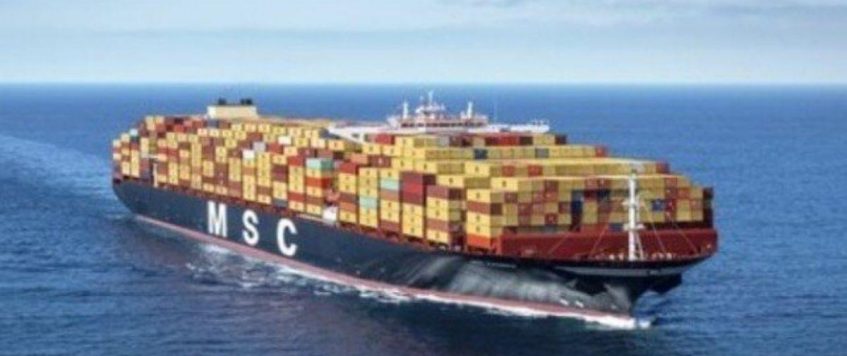-
26
Jan
Rerouting Trade: How the Red Sea Crisis is Reshaping MSC’s Shipping Operations in India
The recent crisis in the Red Sea has had a significant impact on global shipping operations, particularly affecting the Mediterranean Shipping Co. (MSC) and its services out of India. Due to growing security concerns in the Red Sea region, MSC has made substantial changes to its shipping routes and services.
One of the major changes involves the discontinuation of the “Indusa” service, a key route between West India and the US East Coast. This service was initiated in September 2020 and included port rotations from Mundra, Nhava Sheva, Colombo, Valencia, New York, Savannah, Norfolk, and back to Mundra. Now, MSC is directing cargo previously booked on the “Indusa” service to its “Indus” service, which operates along a similar trade lane.
Furthermore, MSC has withdrawn from the IMED (India-Middle East-East Mediterranean) service, which it had been operating as part of a consortium with CMA CGM and Cosco Shipping. The cargo and trade routes typically covered by the IMED service are now being rerouted to MSC’s standalone Himalaya Express (HEX), which connects Nhava Sheva/Mundra to Europe.

This reshuffling of services is a direct response to the ongoing security risks in the Red Sea, notably the attacks on commercial shipping by Houthi militants based in Yemen. These risks have led many carriers, including MSC, to avoid Suez Canal transits, opting instead for the longer route around the Cape of Good Hope. Such rerouting not only affects shipping schedules but also incurs additional costs due to longer transit times, particularly impacting perishable goods.
The implications of these changes are extensive. Indian exporters, for instance, are facing increased pressures due to disrupted cargo flows and rising freight costs. Pro-exporter groups in India are urging the government to implement relief measures to mitigate the impact on the export sector, including ensuring the availability of marine insurance and reducing freight charges.
The Red Sea crisis has led to a substantial reduction in the capacity of ships moving through the Suez Canal, with a more than 60% drop in fleet capacity in a three-week period, as reported by Xeneta. This has consequently driven up ocean freight shipping rates significantly. The cost of shipping a 40ft-equivalent container from the Far East to the Mediterranean, for example, saw a marked increase, with rates for urgent shipments on MSC’s Diamond Tier service reaching upwards of USD 6,500. This increase is attributed to the added costs of rerouting via the Cape of Good Hope and the higher insurance premiums that come with the heightened security risks.
The broader impact of the crisis includes increased global shipping costs and potential delays in supply chains, as companies like Ikea warn about potential disruptions. Shippers are exploring alternatives, including targeted use of airfreight, to cope with these delays, although this could lead to further inflationary pressures.
In summary, the situation in the Red Sea has prompted significant strategic shifts in the shipping industry, particularly for routes connecting India with other global regions. The carriers are reworking their operational and commercial strategies in response to the increased risks and costs associated with the Red Sea crisis.

